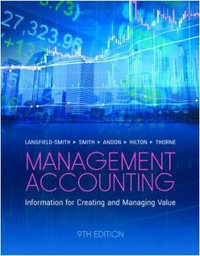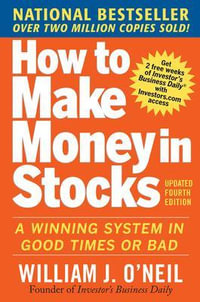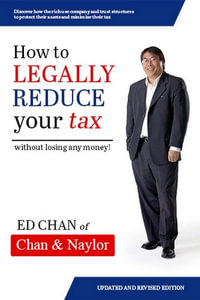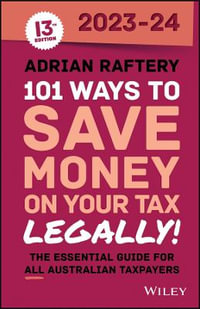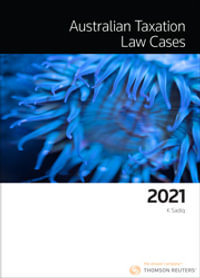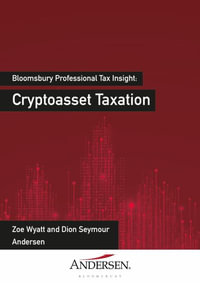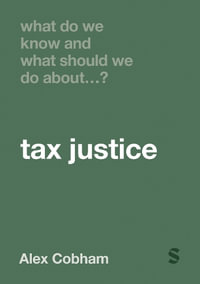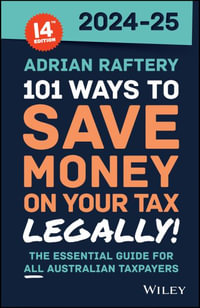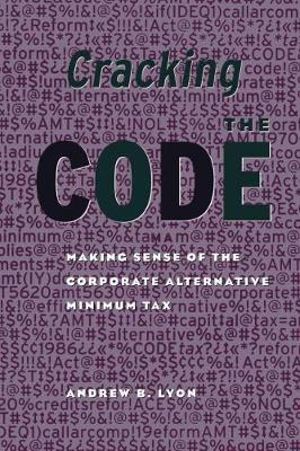
Cracking the Code
Making Sense of the Corporate Alternative Minimum Tax
By: Andrew Lyon
Paperback | 1 May 1997
At a Glance
Paperback
$79.75
Aims to ship in 10 to 15 business days
When will this arrive by?
Enter delivery postcode to estimate
ISBN: 9780815753230
ISBN-10: 0815753233
Published: 1st May 1997
Format: Paperback
Language: English
Number of Pages: 168
Audience: Professional and Scholarly
Publisher: UNITED SYNAGOGUE OF CONSERVATI
Country of Publication: US
Dimensions (cm): 22.76 x 15.16 x 1.19
Weight (kg): 0.23
Shipping
| Standard Shipping | Express Shipping | |
|---|---|---|
| Metro postcodes: | $9.99 | $14.95 |
| Regional postcodes: | $9.99 | $14.95 |
| Rural postcodes: | $9.99 | $14.95 |
How to return your order
At Booktopia, we offer hassle-free returns in accordance with our returns policy. If you wish to return an item, please get in touch with Booktopia Customer Care.
Additional postage charges may be applicable.
Defective items
If there is a problem with any of the items received for your order then the Booktopia Customer Care team is ready to assist you.
For more info please visit our Help Centre.
